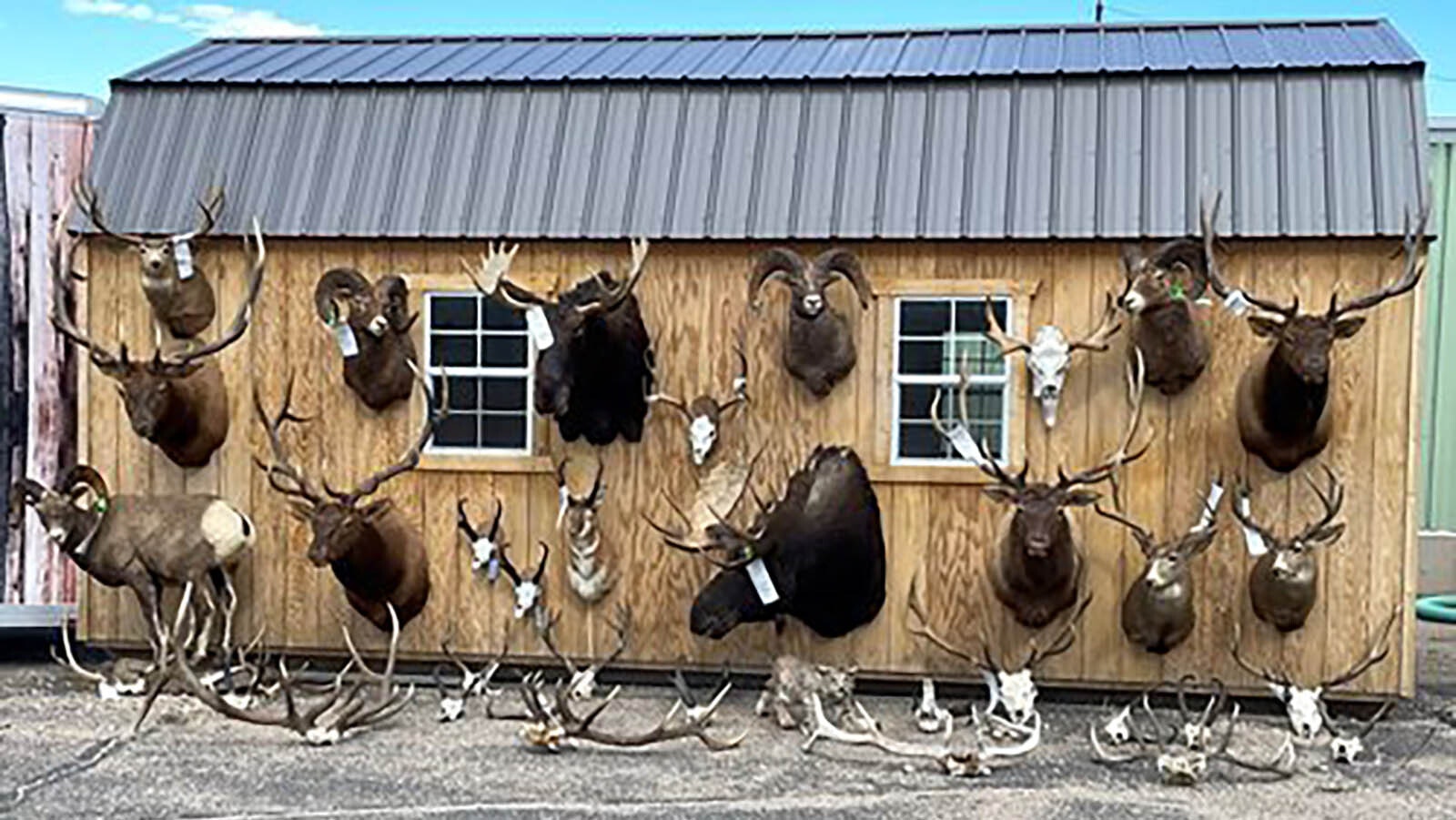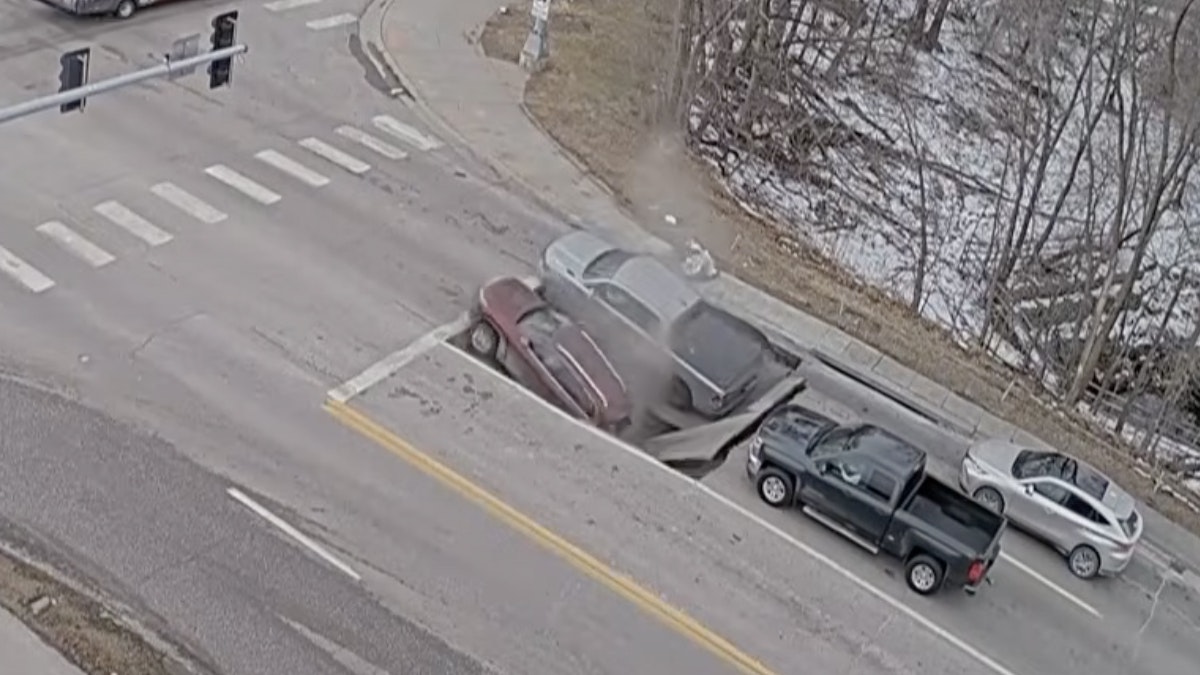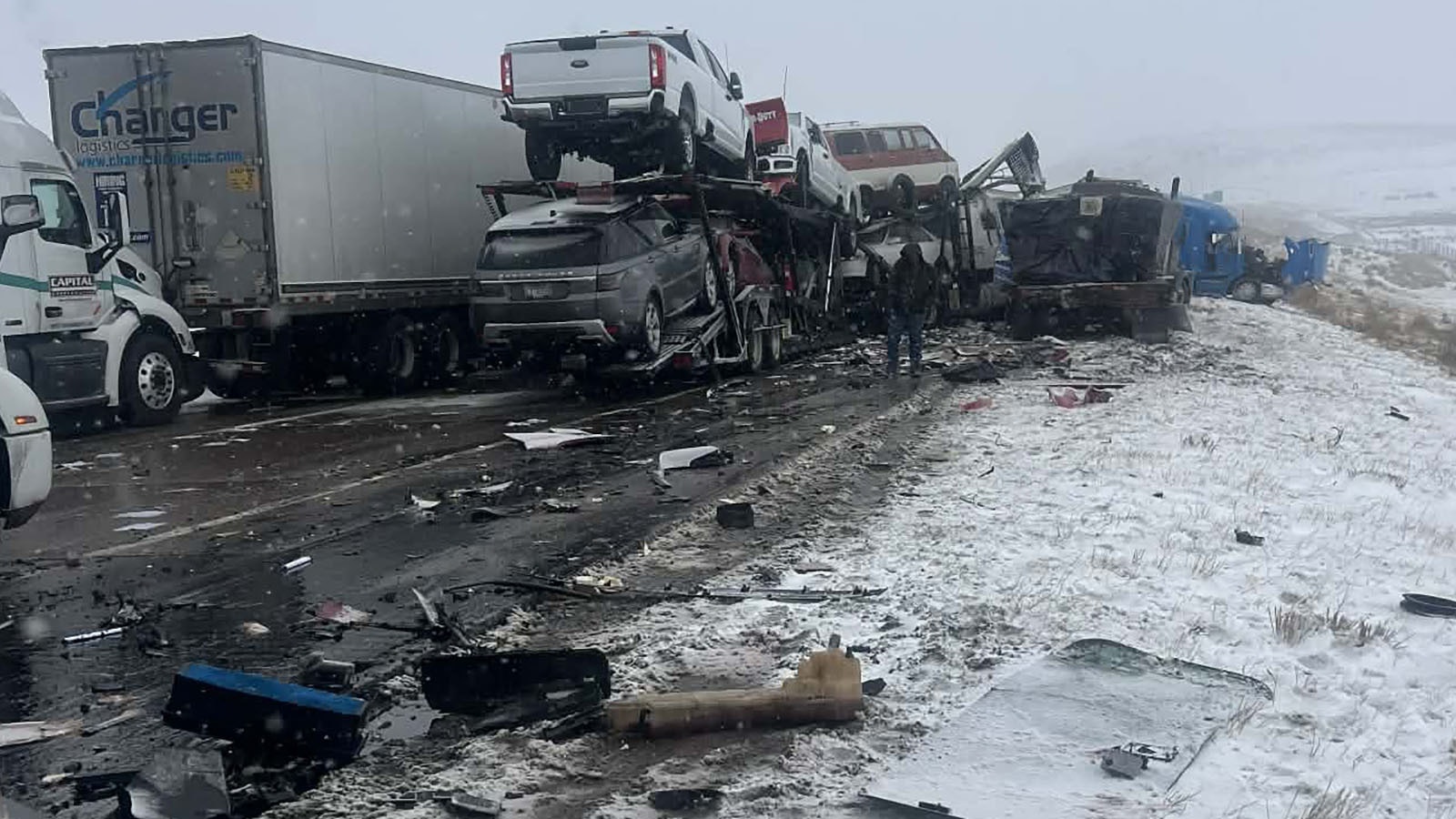There’s no way of knowing just how many wild animals are illegally killed in Wyoming and across the West, but that number could be huge and cost states tens of millions of dollars, a conservationist said.
“We are trying to determine how much (in wildlife revenue) is being stolen from each state,” but it’s a daunting task, Justin Spring, director of big game records with the Boone & Crocket Club, told Cowboy state daily.
Wyoming recently saw the completion of one of its largest poaching busts ever.
After a multi-agency investigation stretching back to 2015, Russell Vick of Alabama, Robert Underwood of Oklahoma and his son, David Underwood of South Dakota, were cumulatively fined $171,230 and slapped with $131,000 in restitution, according to the Wyoming Game and Fish Department.
The Underwoods are former Gillette residents.
Only A Fraction
Their killing spree could represent only a fraction of the poaching that goes on in Wyoming and other states, Spring said.
“We need to figure out where this is happening,” he said. “Is it a target of opportunity? What are the actual motivations of the people doing it?”
Deep Dive Research
B&C has been taking a deep dive into studying poaching and its effects on wildlife conservation, the court system and the reputation of hunting, Spring said. B&C is recognized in the hunting world for promoting ethical hunting, conservation and accurate big game trophy scoring and record-keeping.
With its Poach and Pay program, B&C, along with other organizations, is trying to get a clear grasp on the scale, monetary costs and other effects of poaching in the United States, Spring said.
For example, research indicates that between 2006 and 2017, as much as 98% of the poaching that went on in Kentucky might have gone undetected. That could have cost that state roughly $43.2 million in potential wildlife revenue, according to B&C.
It’s likely that Wyoming and other states are suffering equally egregious losses to poaching, Spring said.
What Motivates Poachers?
Some poachers kill animals simply for trophy “bragging rights” over their ill-gotten gains, according to research done for the Poach & Pay program by Jonathan Gassett of the Wildlife Management Institute.
Poor people might illegally kill game because they need food, while others take animals for commercial gain – selling animal parts or products on the black market
Spring wouldn’t speculate as to what drove Vick and the Underwoods to illegally shoot numerous Wyoming animals over several years. Game and Fish reports on their crimes don’t indicate that they were trying to sell trophies or animal parts on the black market.
Game and Fish officials weren’t available for comment Tuesday.
While trafficking poached animal products is common in other parts of the world, it’s not clear how much of that goes on in the United States, Spring said.
“There have been some poaching busts in the Western states where bear parts were being marketed,” he said.
Tough To Prosecute
Poaching is a blight on hunting as a whole because it tarnishes the public’s perceptions, Spring said.
“The average person doesn’t necessarily know enough to differentiate between legitimate hunters and poachers,” he said, adding that can lead to the perception that hunters in general are wantonly slaughtering wildlife.
Moreover, it can be difficult to get the court system to punish poachers as severely as many hunters think they should be, Spring said.
“Some of the problems we run in to are judicial,” he said. “If somebody is in court for deliberately shooting two ducks over the legal limit, that isn’t going to get the attention that some other crimes do.”
Usually, They Get Light Punishment
Poachers frequently get lighter sentences than other criminals, even though they are essentially thieves and should be treated as such, said Spring and Kemmerer-area resident Josh Coursey.
Coursey is the co-founder, president and CEO of Muley Fanatics, as well as co-chair of the Wyoming Wildlife Task Force.
Though Vick was sentenced to up to two years in the Wyoming state prison system, it’s all too rare that poachers to end up behind bars, Coursey told Cowboy State Daily.
“Poaching is about the only crime in the United States where you can use a firearm, but typically not end up in prison for it,” he said.





